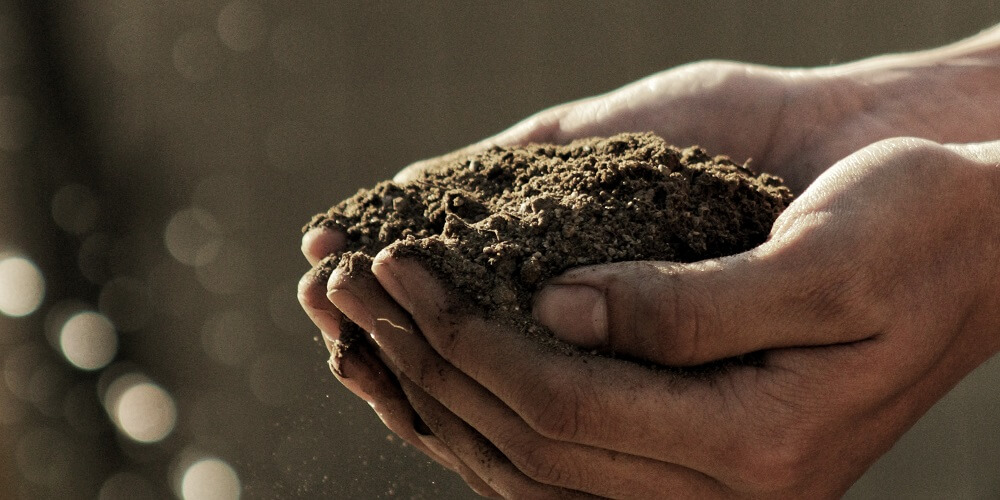Although not always explicitly cited, soil and its functions are essential in achieving most of the Sustainable Development Goals (SDGs). The achievement of the “Zero Hunger” and the “Life On Land” goals strongly depends on soil capacity to provide a medium for plant growth, while the “Climate Action” goal is very strongly related to the carbon storage of the soils. These are only examples, as soil provides many other ecosystem services thanks to the functions that it is able to carry out. However, the functioning of the soil is related to its properties and that is where basic disciplines and soil science meet and provide knowledge to reach these ambitious objectives.
In this lecture, Prof. Eleonora Bonifacio will provide an overview of the mechanisms that lie behind the carbon storage and stabilization capacity of the soil, the relationships between soil characteristics and the invasiveness of alien tree species, which threaten biodiversity, and the mechanisms allowing plant survival in harsh, low-fertility situations.
About the speaker

Prof. Eleonora Bonifacio
Professor of Pedology at the University of Torino (Italy), Dept. of Agricultural Forest and Food Sciences (DISAFA). Director of the Doctoral school of the University of Torino (since October 2021), and have previously been the coordinator of the PhD program in Agricultural, Forest and Food Sciences of the University of Torino (2018-2021). President of the Italian Society of Pedology and sits in the board of the Italian Association of Agricultural Societies (AISSA) as Scientific Secretary.
E-mail address : eleonora.bonifacio@unito.it
Watch the recording
About the ISC Distinguished Lecture Series: “Basic Sciences For Sustainable Development”
Adopted by the UN General Assembly in 2015, the 2030 Agenda for Sustainable Development represents a new way of thinking about how to better link basic science and education with issues such as climatic and environmental change, water and energy security, ocean preservation, disaster risks and other topics. It intertwines social, economic, and environmental targets in 17 Sustainable Development Goals (SDGs). Basic sciences have an important contribution to make to the implementation of the 2030 Agenda for Sustainable Development.
The United Nations General Assembly approved by consensus a resolution that promulgates 2022 as the International Year of Basic Sciences for Sustainable Development. IYBSSD2022 encourages exchanges between scientists and all categories of stakeholders, whether from grassroots communities or political decisionmakers and international leaders, as well as associations, students and local authorities.
Nine ISC Members forming GeoUnions proposed to establish the programme “Distinguished Lecture Series on Basic Sciences for Sustainable Development” to promote the IYBSSD2022, and to highlight the importance of basic sciences for the ISC community.
You might also be interested in

Unearthing sustainability: soil science for the SDGs
From carbon storage properties to alien tree invasion, Dr. Eleonora Bonifacio, Professor of Pedology at the University of Turin, provided us with a glimpse of her research ahead of her webinar on 19 September.
Explore other lectures of this series
ISC Distinguished lecture series
Promoting discussion and debate around the importance of basic science and their relation to the Sustainable Development Goals

